Canadian wildfires have this year burned a land area larger than 104 of the world’s 195 countries. But what is perhaps most striking about this year’s fires is that despite their scale, they are merely a continuation of a dangerous trend: Every year since 2001, Canada’s forests have emitted more carbon than they’ve absorbed. That is the central finding of a distressing analysis published last month by Barry Saxifrage in Canada’s National Observer. …Canada may be a disorienting cultural tipping point. If we thought trees might save us, that is looking increasingly like a foolish bet. In many parts of the world, including some of the most densely forested, trees are not perfect allies for tree-huggers anymore, and forests no longer reliable climate partners. What was once the embodiment of environmental values now seems increasingly to be fighting for the other side. [to access the full story a NY Times subscription is required]
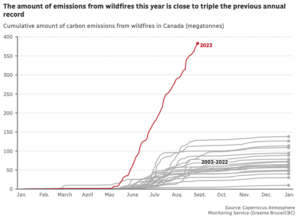 Canada’s boreal forest has historically served as a carbon sink. Trees draw carbon from the atmosphere into their leaves, trunks and down into their roots and soil. But the warming climate and drier conditions in the past two decades have led to larger wildfires, turning the boreal forest into a growing
Canada’s boreal forest has historically served as a carbon sink. Trees draw carbon from the atmosphere into their leaves, trunks and down into their roots and soil. But the warming climate and drier conditions in the past two decades have led to larger wildfires, turning the boreal forest into a growing 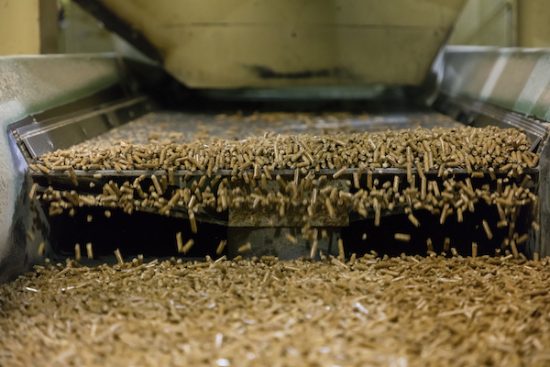
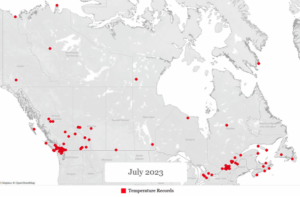 Data from the National Oceanic and Atmospheric Administration reveals a staggering revelation — more than 150 monthly temperature records have been broken across Canada this year. As a global hot spot for 2023, Canada has witnessed an unseasonably mild winter followed by volatile spring temperatures, contributing to a cascade of events, including a heat wave on the West Coast, devastating wildfires in Alberta and tinderbox conditions in Quebec. Monthly temperature records, meaning the highest temperature ever recorded at a given station for a given month, are measures for tracking and quantifying the effects of climate change. …In May, the West Coast bore witness to an early heat wave, shattering several monthly records within a single week. …In Quebec, though fewer temperature records were broken, devastating wildfires occurred due to higher-than-usual temperatures and a winter marked by low precipitation. These serve as a clear signal, pointing to an unsettling trend of increasing climate impacts.
Data from the National Oceanic and Atmospheric Administration reveals a staggering revelation — more than 150 monthly temperature records have been broken across Canada this year. As a global hot spot for 2023, Canada has witnessed an unseasonably mild winter followed by volatile spring temperatures, contributing to a cascade of events, including a heat wave on the West Coast, devastating wildfires in Alberta and tinderbox conditions in Quebec. Monthly temperature records, meaning the highest temperature ever recorded at a given station for a given month, are measures for tracking and quantifying the effects of climate change. …In May, the West Coast bore witness to an early heat wave, shattering several monthly records within a single week. …In Quebec, though fewer temperature records were broken, devastating wildfires occurred due to higher-than-usual temperatures and a winter marked by low precipitation. These serve as a clear signal, pointing to an unsettling trend of increasing climate impacts.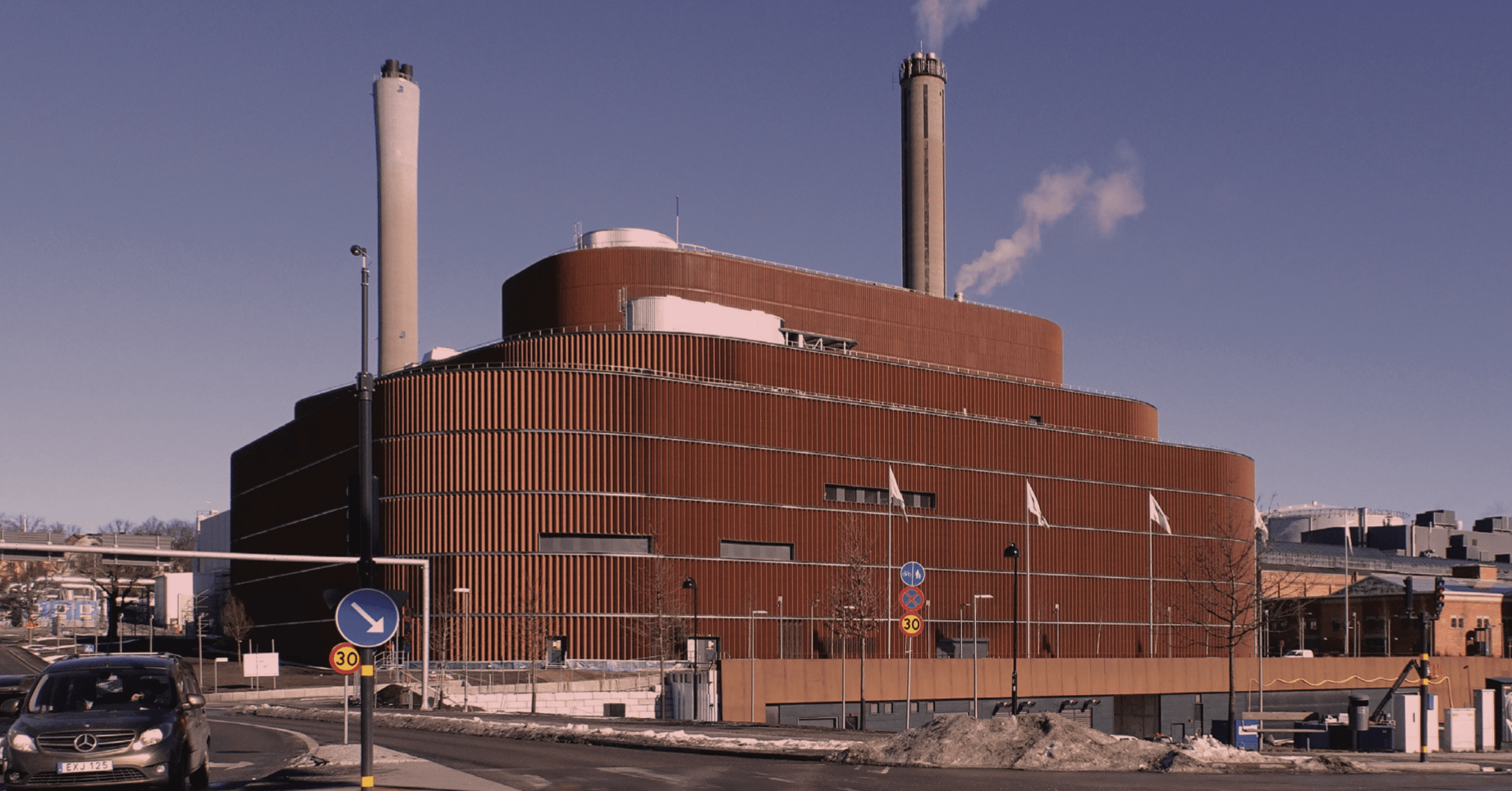

 Canada’s largest pension fund has joined a project to produce carbon credits by planting more than 100 native tree species on degraded land in Brazil’s Amazon region. Canada Pension Plan Investment Board will invest as much as US$30 million in a reforestation fund managed by Sao Paulo-based Mombak Gestora de Recursos Ltda., said Peter Fernandez, CEO of the carbon-removal startup. The investment from the Canadian pension fund, and a smaller outlay from the Rockefeller Foundation, brings Mombak’s first reforestation fund to its US$100 million target, Fernandez said. The Canadian fund will also invest US$500,000 in Mombak. The startup is tapping a shift in voluntary carbon markets where buyers pay more for projects that actually remove carbon, rather than so-called avoidance offsets that, for example, generate credits by keeping existing trees standing.
Canada’s largest pension fund has joined a project to produce carbon credits by planting more than 100 native tree species on degraded land in Brazil’s Amazon region. Canada Pension Plan Investment Board will invest as much as US$30 million in a reforestation fund managed by Sao Paulo-based Mombak Gestora de Recursos Ltda., said Peter Fernandez, CEO of the carbon-removal startup. The investment from the Canadian pension fund, and a smaller outlay from the Rockefeller Foundation, brings Mombak’s first reforestation fund to its US$100 million target, Fernandez said. The Canadian fund will also invest US$500,000 in Mombak. The startup is tapping a shift in voluntary carbon markets where buyers pay more for projects that actually remove carbon, rather than so-called avoidance offsets that, for example, generate credits by keeping existing trees standing.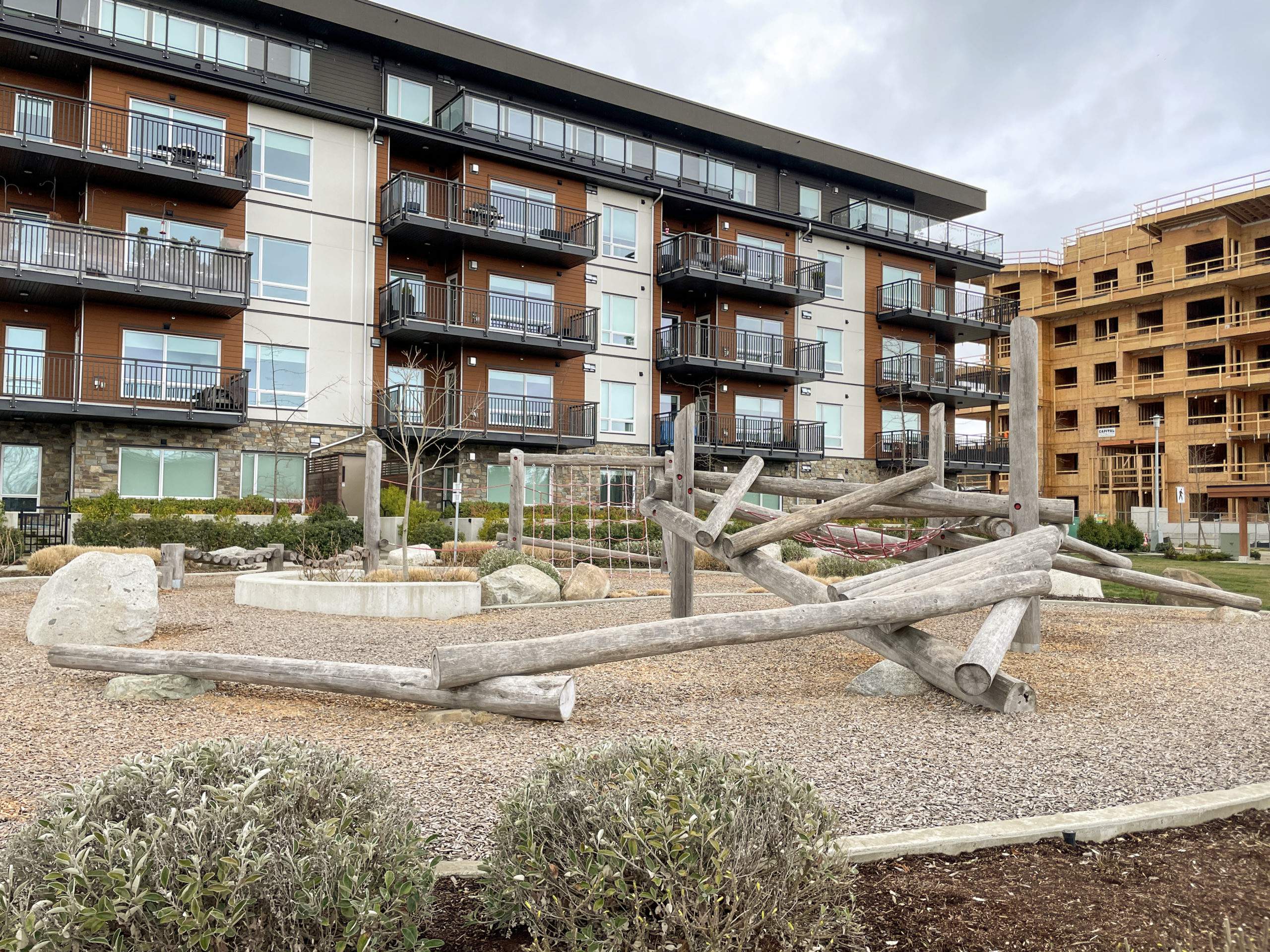 Newly built homes in Nanaimo won’t be allowed to have natural gas as a primary heat source as of July 1, 2024. Following the lead of other B.C. municipalities, such as Saanich and Victoria, Nanaimo council this week approved speedy implementation of the province’s zero-carbon step code, a B.C. Building Code update to limit greenhouse gas emissions from new construction. The province has set 2030 as the goal for the zero-carbon rule in new buildings, but Nanaimo council agreed in a narrow five-four vote to accelerate that timeline. …It will not affect existing homes and other buildings already using natural gas. …Reaction to the move in Nanaimo was split. …Mayor Leonard Krog opposed earlier implementation, however, saying he was not convinced it would be worth the effort and “potential disruption at a time when we are still facing a great lack of housing.”
Newly built homes in Nanaimo won’t be allowed to have natural gas as a primary heat source as of July 1, 2024. Following the lead of other B.C. municipalities, such as Saanich and Victoria, Nanaimo council this week approved speedy implementation of the province’s zero-carbon step code, a B.C. Building Code update to limit greenhouse gas emissions from new construction. The province has set 2030 as the goal for the zero-carbon rule in new buildings, but Nanaimo council agreed in a narrow five-four vote to accelerate that timeline. …It will not affect existing homes and other buildings already using natural gas. …Reaction to the move in Nanaimo was split. …Mayor Leonard Krog opposed earlier implementation, however, saying he was not convinced it would be worth the effort and “potential disruption at a time when we are still facing a great lack of housing.” With new emergency declarations every year, extreme heatwaves, wildfires and smoke are quickly becoming our new normal across Canada – and climate scientists project this will only get worse under future climate change. All these events are a deafening call to action about the climate crisis. …Heatwaves and wildfire smoke are also particularly concentrated in urban areas. Extreme heat, wildfires and smoke must become core considerations when we design and retrofit buildings across Canada. However, while our industry is starting to design buildings for extreme heat, it is further behind on smoke. …Starting with new buildings is good, but it concentrates benefits in areas experiencing growth and development. …Moving forward, we must design and build our buildings to much higher standards, such as the German Passiv Haus standard. …On top of that, we now need a sharper focus on how to build resilience within our existing buildings.
With new emergency declarations every year, extreme heatwaves, wildfires and smoke are quickly becoming our new normal across Canada – and climate scientists project this will only get worse under future climate change. All these events are a deafening call to action about the climate crisis. …Heatwaves and wildfire smoke are also particularly concentrated in urban areas. Extreme heat, wildfires and smoke must become core considerations when we design and retrofit buildings across Canada. However, while our industry is starting to design buildings for extreme heat, it is further behind on smoke. …Starting with new buildings is good, but it concentrates benefits in areas experiencing growth and development. …Moving forward, we must design and build our buildings to much higher standards, such as the German Passiv Haus standard. …On top of that, we now need a sharper focus on how to build resilience within our existing buildings. 


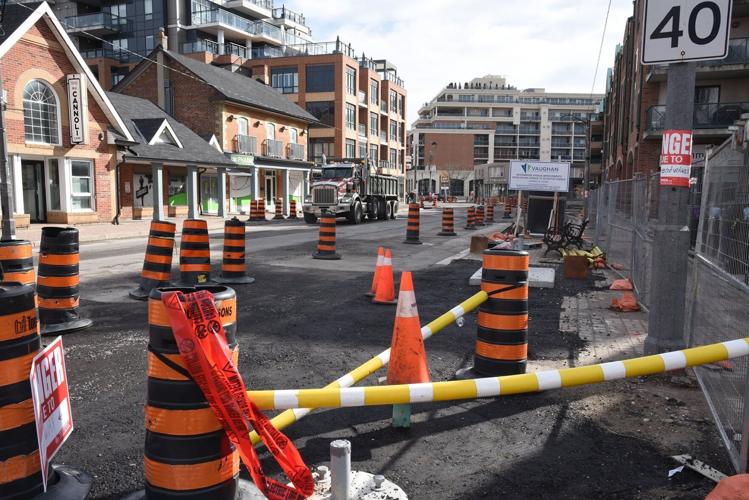
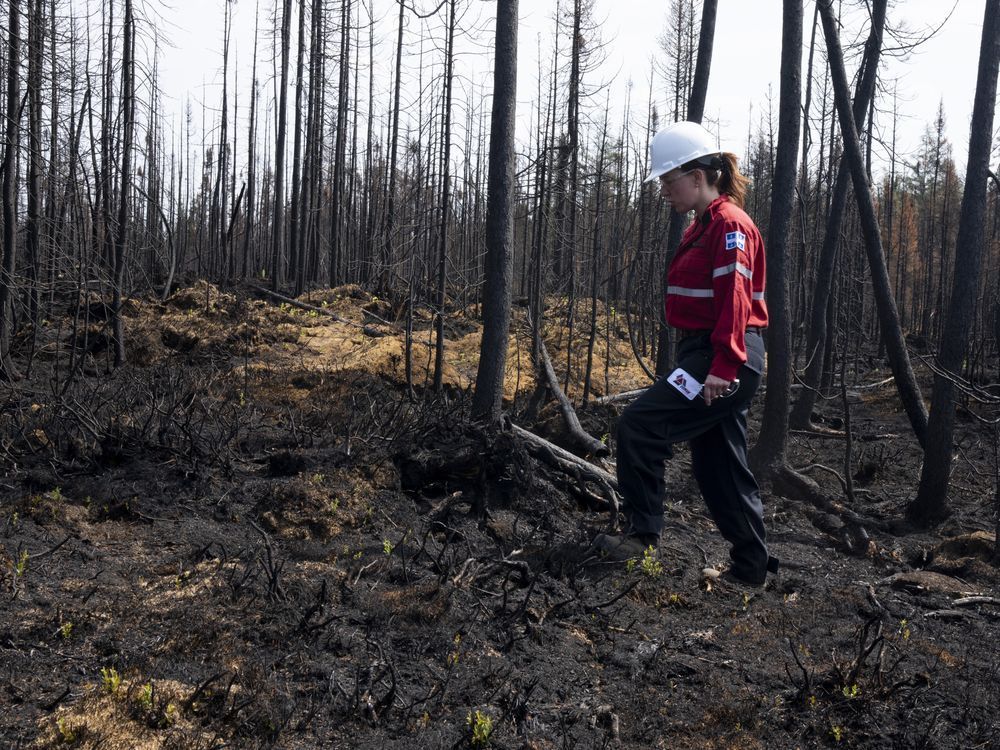





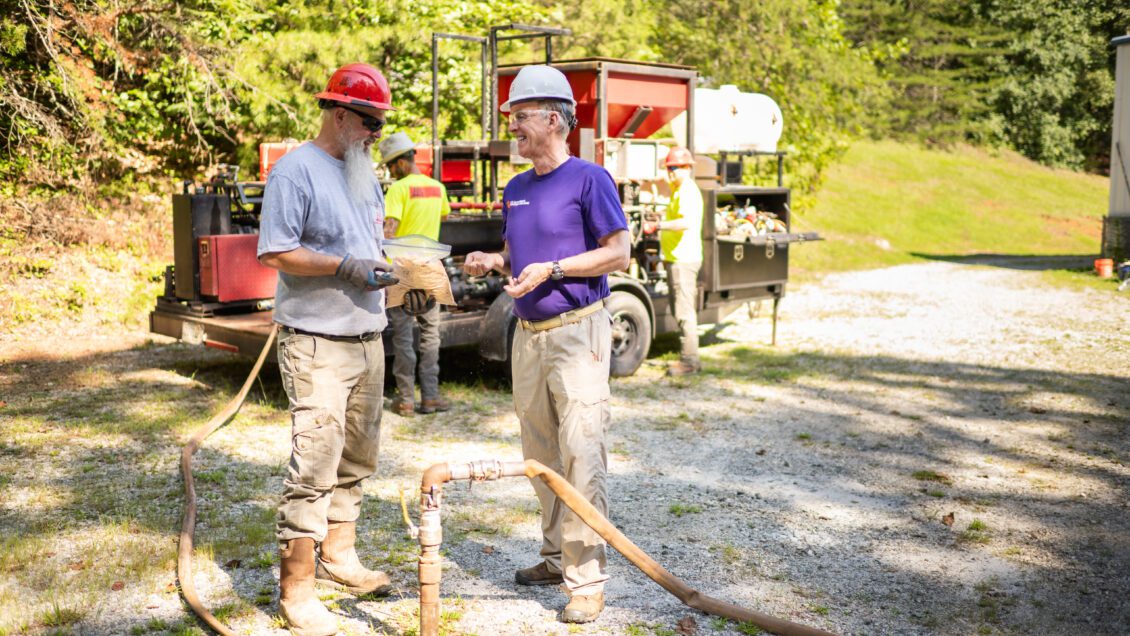
/cloudfront-us-east-1.images.arcpublishing.com/gray/ILXTJM3M6JG35ILTGZZT6O5JLU.JPG)



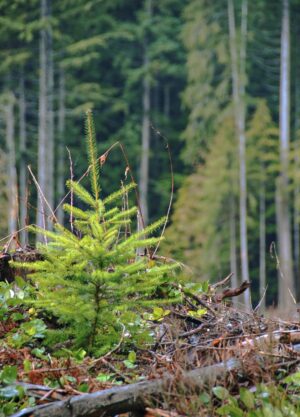 LONDON — Voluntary carbon markets have shrunk for the first time in at least seven years, as companies including food giant Nestle and fashion house Gucci reduced buying and studies found several forest protection projects did not deliver promised emissions savings. …The decline is also bad news for poorer nations that stand to lose if the flow of funds from multinational companies to fund climate mitigation projects slows. …Demand for carbon credits is on track to fall in 2023, according to two of the top data providers. The number of credits used by companies fell 6% in the first half of the year. …Nestle said it would stop using carbon offsets and was seeking other routes to net zero. “We are moving away from investing in carbon offsets for our brands to invest in programmes and practices that help reduce GHG emissions in our own supply-chain and operations,” it said.
LONDON — Voluntary carbon markets have shrunk for the first time in at least seven years, as companies including food giant Nestle and fashion house Gucci reduced buying and studies found several forest protection projects did not deliver promised emissions savings. …The decline is also bad news for poorer nations that stand to lose if the flow of funds from multinational companies to fund climate mitigation projects slows. …Demand for carbon credits is on track to fall in 2023, according to two of the top data providers. The number of credits used by companies fell 6% in the first half of the year. …Nestle said it would stop using carbon offsets and was seeking other routes to net zero. “We are moving away from investing in carbon offsets for our brands to invest in programmes and practices that help reduce GHG emissions in our own supply-chain and operations,” it said.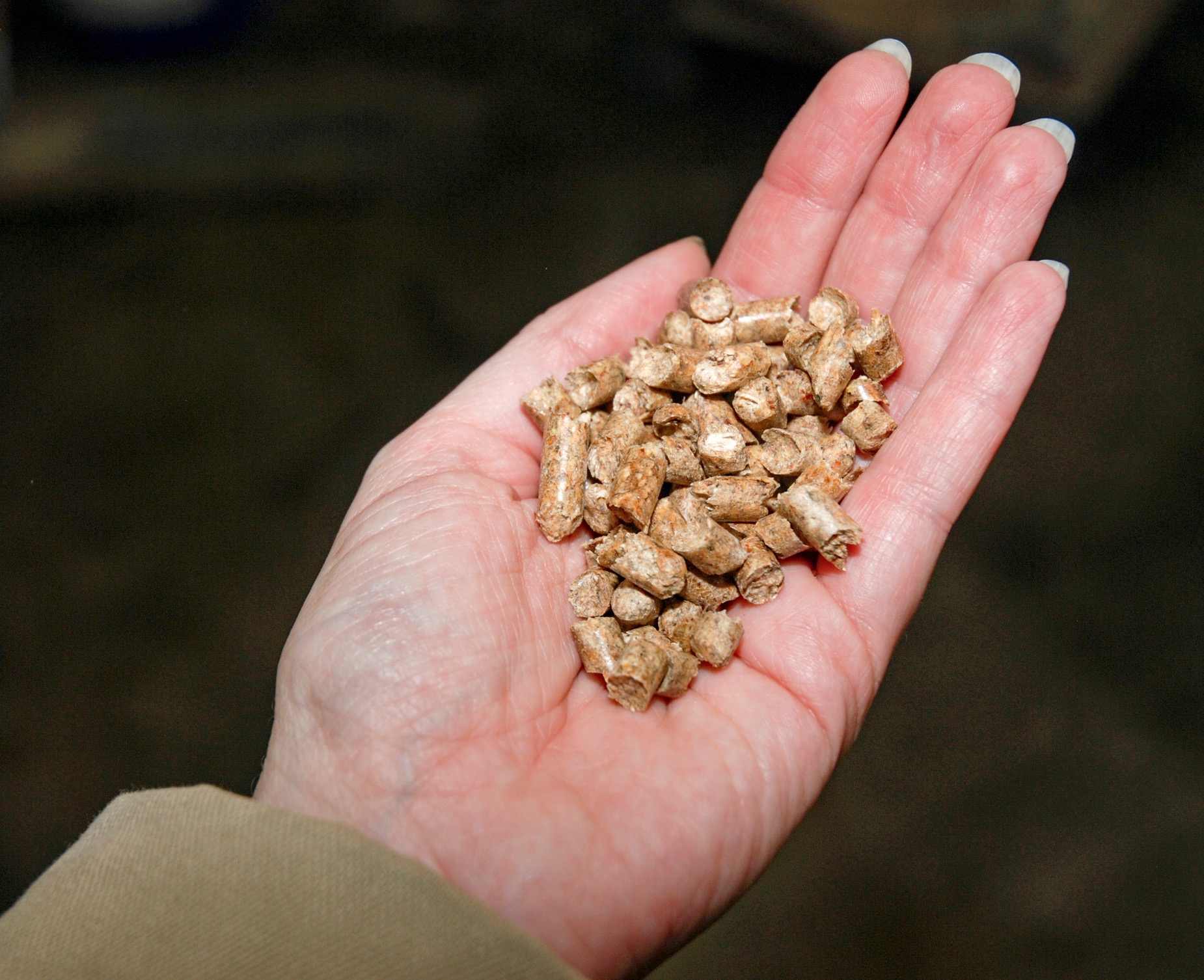 The European Union consumed a record 24.8 million metric tons of wood pellets in 2022, according to a report filed with the USDA Foreign Agricultural Service’s Global Agricultural Information Network. Consumption is expected to grow to 25.6 million metric tons this year. The report attributes much of last year’s growth in EU wood pellet consumption to increased residential use. Additional consumption this year is also expected to come primarily from residential demand supported by member state (MS) incentives and the implementation of the third Renewable Energy Directive (REDIII). The report notes that EU demand for wood pellets has significantly outpaced domestic production over the past decade, resulting in increased imports of wood pellets, primarily from the U.S., Russia, Belarus and Ukraine.
The European Union consumed a record 24.8 million metric tons of wood pellets in 2022, according to a report filed with the USDA Foreign Agricultural Service’s Global Agricultural Information Network. Consumption is expected to grow to 25.6 million metric tons this year. The report attributes much of last year’s growth in EU wood pellet consumption to increased residential use. Additional consumption this year is also expected to come primarily from residential demand supported by member state (MS) incentives and the implementation of the third Renewable Energy Directive (REDIII). The report notes that EU demand for wood pellets has significantly outpaced domestic production over the past decade, resulting in increased imports of wood pellets, primarily from the U.S., Russia, Belarus and Ukraine.

 The majority of carbon offset schemes are significantly overestimating the levels of deforestation they are preventing, according to a study in Science. This means that many of the “carbon credits” bought by companies to balance out emissions are not tied to real-world forest preservation as claimed. A team of scientists and economists led by the University of Cambridge and VU Amsterdam found that millions of carbon credits are based on crude calculations that inflate the conservation successes of voluntary REDD+ projects. Consequently, many tons of greenhouse gas emissions considered “offset” by trees that would not otherwise exist have, in fact, only added to our planetary carbon debt, say researchers. …The team behind the latest study argue that the booming trade in carbon credits may already be a type of “lemons market”: where buyers have no way of distinguishing quality… leading to a breakdown of trust and ultimately market collapse.
The majority of carbon offset schemes are significantly overestimating the levels of deforestation they are preventing, according to a study in Science. This means that many of the “carbon credits” bought by companies to balance out emissions are not tied to real-world forest preservation as claimed. A team of scientists and economists led by the University of Cambridge and VU Amsterdam found that millions of carbon credits are based on crude calculations that inflate the conservation successes of voluntary REDD+ projects. Consequently, many tons of greenhouse gas emissions considered “offset” by trees that would not otherwise exist have, in fact, only added to our planetary carbon debt, say researchers. …The team behind the latest study argue that the booming trade in carbon credits may already be a type of “lemons market”: where buyers have no way of distinguishing quality… leading to a breakdown of trust and ultimately market collapse.
 Last week, the UK government released its long-awaited
Last week, the UK government released its long-awaited